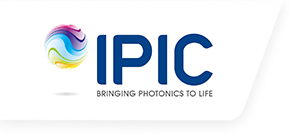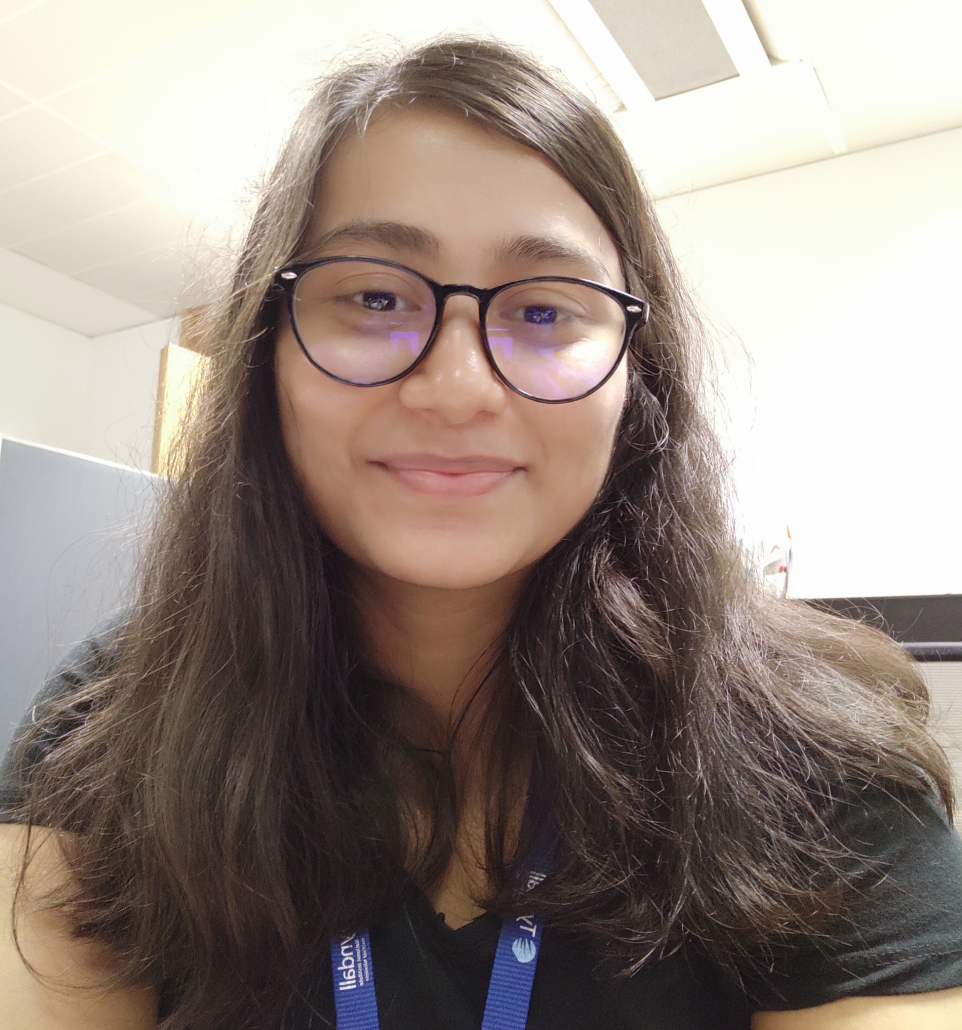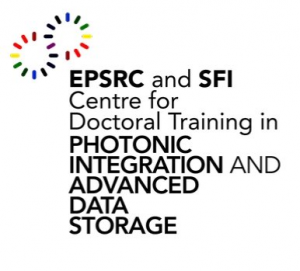I am Parnika Gupta, I am from India and I am currently a 4th year PhD student in the Photonic Packaging Group at Tyndall National Institute.
I studied all subjects till my 10th standard and that’s when the decision time came for me as what I wanted to choose between Science, Medical or Arts stream. I knew that I got queasy looking at animals preserved in the formulated solutions during my biology practical classes and I had had enough of seeing onion peels under the microscope. I also knew that I was nowhere near as a writer to what was written in Julius and Caesar (although I later learned that it was Latin English!). So, I decided that being decent in Science will be better for me. However, I was in for a rude shock when the volume of studies in Physics, Chemistry and Maths became humungous and it becomes more of a pressure situation when you are competing with 1 million students for 10,000 seats in the most prestigious colleges. That period taught me what extreme competition looks like and how to handle pressure situations. It’s after joining engineering and joining a tech club where we built Robots that I learned the power of semiconductors. Specifically, that experience taught me that whatever I was learning in class was actually applicable and had impact. The participation in robotics competition and getting rewarded further solidified my belief. So choosing Science in school was a process of elimination but getting to know science better was actually during my bachelor’s college days.
An early inspiration is my father who is a mechanical engineer, seeing him read books with nuts and bolts drawn in them was intriguing, especially as a child when I used to scribble all over his books. The school actually taught me the value of discipline, routine and how important it is to approach a challenge in the right manner. I learned a lot of it through basketball as well which was a sport I really liked. Fast forward to my bachelor’s degree is when I became really interested in electronics and started taking it seriously. I also found mentors in my teachers who guided me towards understanding what electronics is all about. It’s after me participating in a plethora of workshops from hacking to robotics that I knew I wanted to build a career in Science. It especially helped as I had a peer group which was diverse and interested in other things which made me try out software programming and realizing I liked electronics more.
My journey to becoming a researcher was very enriching. I started out as an engineer and after my bachelor’s in electronics and communication engineering, I wanted to go for a Master’s. Once I got through, there was only one group in the Electronics department that had a position for a Master’s student left. That was the Optical Networks Laboratory and I started my journey in Photonics from there. In those two years, I got to learn about photonic devices, fabrication and assembly. My Master’s thesis was on photonic packaging and having worked and understood how difficult packaging was I decided to pursue my studies in that field further. That is when I made a conscious decision to go towards semiconductor packaging as an area that I would like to work towards. This then led to me pursuing my PhD in Photonic Packaging. So my journey in research was partly accidental and partly conscious planning.
I would advise that one should explore different subjects as much as one can. Keep looking at some workshops happening near you, be it woodcutting or programming. Talk to seniors on how they are looking at the industry shaping up, this will help as we don’t know what jobs are going to look like 10 years in the future. Due to the advent of AI, I would also advise to start using the AI tools as much as possible in your daily lives and try becoming friendlier with this new technology. One thing that we know for sure is that technology is going to keep evolving, maybe at a larger pace than we expect it to. The only way we can catch up is to become friendlier with it rather than being scared of it. We have to keep changing ourselves as change is the only constant.
